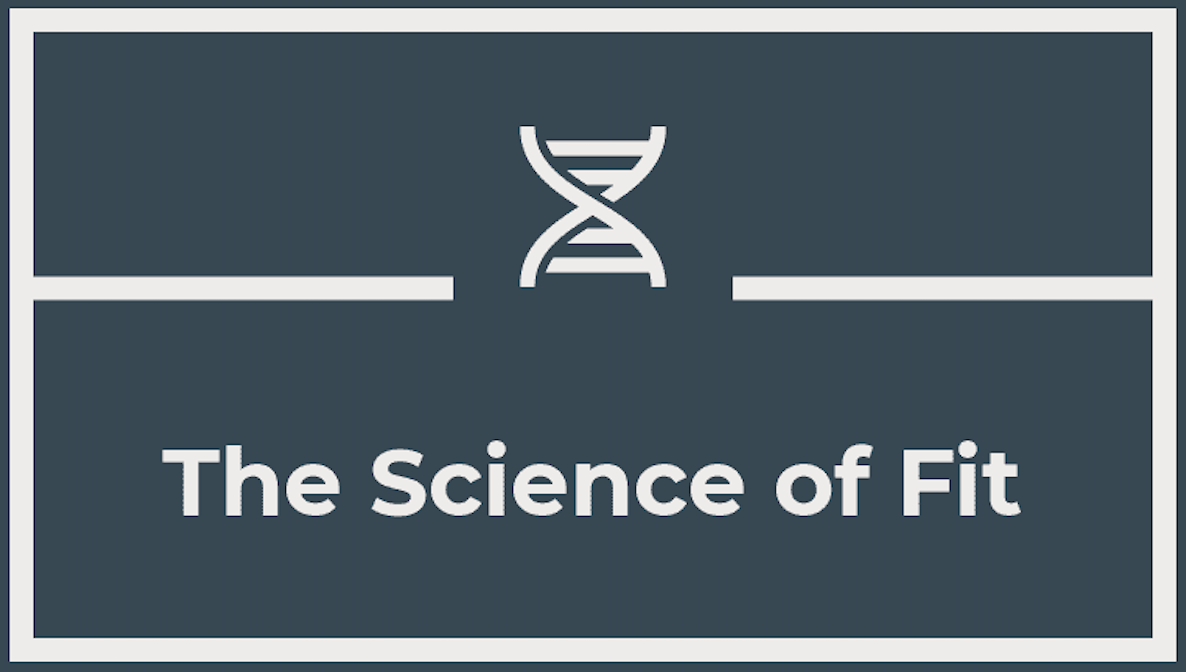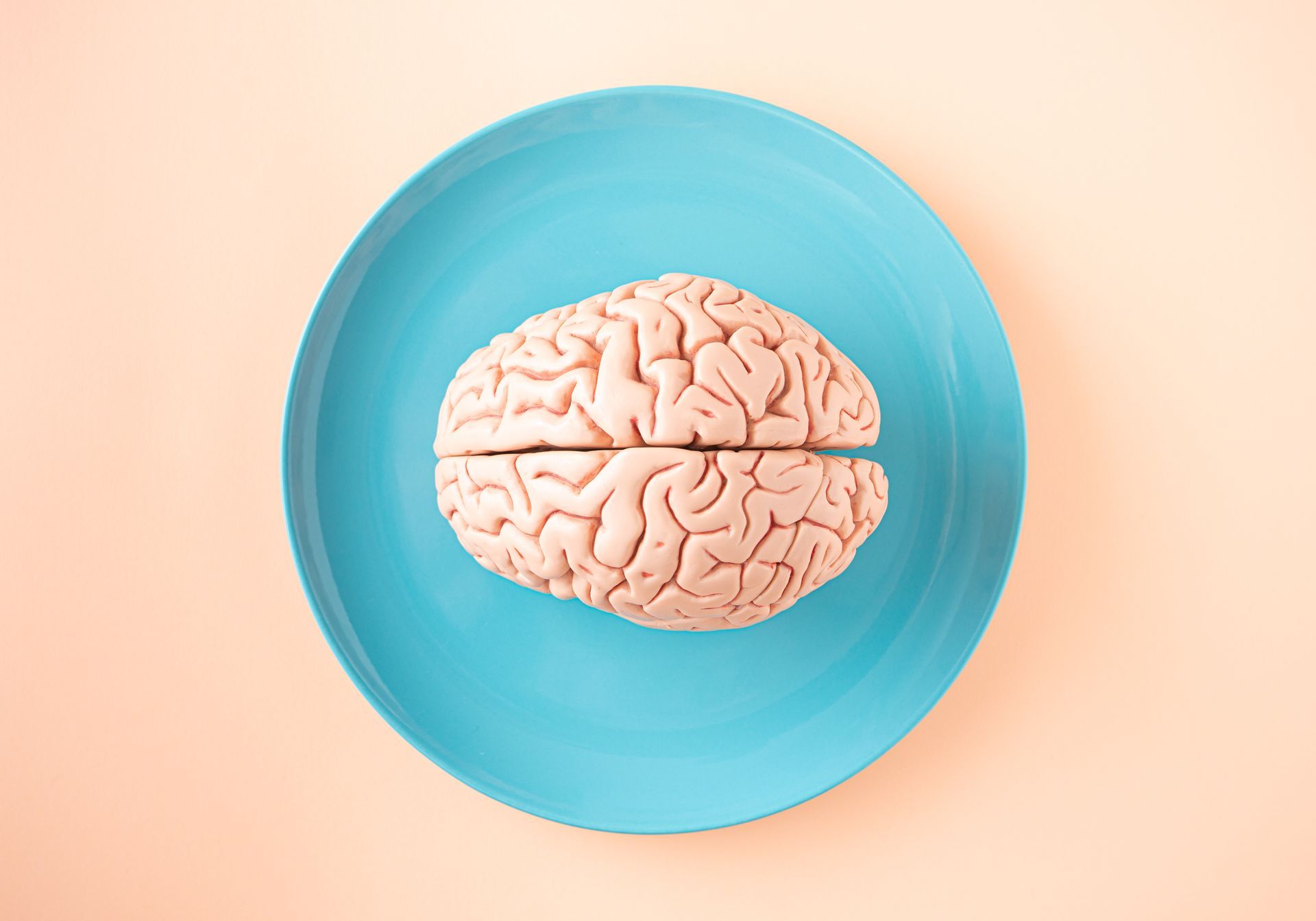How AI is Changing Medicine
Current Applications and Future Possibilities

Artificial Intelligence (AI) is transforming the field of medicine by providing innovative solutions to some of the most persistent challenges in healthcare. From improving diagnostic accuracy to personalizing treatment, AI’s capabilities are continuously evolving. This article explores the current uses of AI in medicine, including clinical decision support, medical imaging, drug development, and patient care, while also discussing future possibilities for AI-driven advancements in the healthcare industry.
Artificial Intelligence, specifically machine learning (ML) and deep learning (DL), is revolutionizing healthcare by enhancing the efficiency, accuracy, and accessibility of medical practices. AI algorithms can process vast amounts of data, recognizing complex patterns that may elude human practitioners. This article provides an overview of AI applications in medicine, from its current implementation to the potential future developments that could redefine healthcare.
Current Applications of AI in Medicine
AI has made significant strides in improving diagnostic accuracy. Machine learning algorithms are being used to analyze medical images (such as X-rays, CT scans, and MRIs) to identify abnormalities such as tumors, fractures, or signs of neurological diseases. For instance, the AI algorithm developed by Google Health demonstrated accuracy comparable to radiologists in detecting breast cancer from mammograms (McKinney et al., 2020). In dermatology, AI systems like IBM Watson have been trained to identify melanoma and other skin conditions from images with remarkable precision (Esteva et al., 2017).
AI is increasingly integrated into decision support systems that help healthcare professionals make more informed decisions. For example, IBM Watson for Oncology uses AI to analyze vast amounts of literature, clinical trials, and patient data to assist oncologists in determining personalized treatment plans. AI can also predict patient outcomes by analyzing electronic health records (EHR) to identify individuals at high risk for conditions such as heart disease, diabetes, or sepsis (Rajkomar et al., 2019). This is often what patients are thinking of when they say AI is coming for doctors' jobs.
The drug discovery process is time-consuming and expensive. AI can expedite this process by analyzing large datasets of molecular information, predicting potential drug targets, and simulating how different compounds will interact with disease pathways. One example is Atomwise, a startup that uses deep learning algorithms to predict the effectiveness of drug compounds. Their AI platform helped identify promising molecules for treating diseases such as Ebola and multiple sclerosis (Wallach et al., 2015).
AI-powered virtual assistants and chatbots are increasingly used in healthcare to provide support for patients and reduce the workload of healthcare providers. These systems can assist in patient education, medication reminders, and symptom tracking. For example, the chatbot Ada Health is designed to collect patient-reported data, analyze symptoms, and offer preliminary diagnoses. Additionally, systems like Babylon Health offer telemedicine services powered by AI to conduct remote consultations (Hussain et al., 2020).
AI algorithms analyze data from patients’ genetic information, lifestyle factors, and medical history to provide personalized treatment recommendations. AI is integral in tailoring interventions to an individual’s unique genetic profile, particularly in oncology, where genetic mutations influence treatment outcomes. Systems like Foundation Medicine use AI to interpret genomic data and recommend targeted therapies based on the patient’s molecular profile (Mody et al., 2020).
Future Possibilities for AI in Medicine
The future of AI in medicine lies in its ability to predict diseases before they manifest. Integrating AI with predictive models can enable early diagnosis and preventive interventions. AI-powered tools will predict the likelihood of conditions like Alzheimer's disease, heart failure, and stroke based on early biomarkers and lifestyle data (Wang et al., 2018). With more comprehensive datasets, AI could identify at-risk populations and personalize prevention plans, improving health outcomes and reducing healthcare costs.
Robotic surgery, enhanced by AI, holds enormous potential for improving surgical outcomes. AI-driven surgical robots, such as those used in minimally invasive surgeries, can analyze patient data in real-time and assist surgeons by providing detailed guidance. The integration of AI with robotic systems may allow for better precision, fewer complications, and faster recovery times. In the future, AI may even be able to perform certain types of surgery autonomously, further minimizing human error (Yang et al., 2017).
AI could also revolutionize healthcare administration by optimizing workflows, reducing paperwork, and improving resource allocation. AI systems can predict patient volumes, optimize hospital bed utilization, and streamline supply chain management. Furthermore, AI could assist in automating administrative tasks like billing, coding, and scheduling, improving efficiency across the healthcare system. Just ask any doctor how much time they have to spend writing or dictating notes. Every doctor would rather spend this time seeing patients if they could.
AI has the potential to provide innovative solutions for mental health care, an area that has seen limited advancements in comparison to other medical fields. AI-driven applications could help diagnose mental health conditions like depression, anxiety, and schizophrenia by analyzing speech patterns, facial expressions, and behavior. AI chatbots may also serve as early intervention tools by providing cognitive behavioral therapy (CBT) and other therapeutic interventions to individuals in need (Hollis et al., 2015). Additionally some patients feel there is a stigma around speaking with a therapist and instead would rather "speak" with an intelligent system.
AI-powered tools could play a critical role in addressing healthcare challenges in low-resource settings, such as in remote or underserved regions. AI systems that operate through mobile devices can provide diagnostic support and healthcare education to individuals in these areas. Furthermore, AI-based mobile platforms could enable real-time data collection, tracking, and monitoring of disease outbreaks like malaria, tuberculosis, and HIV/AIDS.
While AI presents numerous opportunities, there are significant challenges to its widespread adoption. These include data privacy concerns, algorithmic bias, and the potential for displacing healthcare workers. AI systems are only as good as the data they are trained on, and biases in the data can lead to inaccurate or unfair outcomes. Additionally, the implementation of AI in healthcare requires strong regulatory frameworks to ensure patient safety and the ethical use of technology.
AI is already making substantial contributions to healthcare, from enhancing diagnostic accuracy to improving drug discovery and treatment personalization. As technology continues to evolve, AI’s potential in medicine will grow even further, offering new possibilities for patient care, surgical advancements, and healthcare administration. However, the integration of AI must be approached carefully, addressing both technical and ethical concerns to ensure that the benefits are realized without compromising patient safety or equity in healthcare.
References:
- Esteva, A., Kuprel, B., Novoa, R. A., et al. (2017). Dermatologist-level classification of skin cancer with deep neural networks. Nature, 542(7639), 115–118. https://doi.org/10.1038/nature21056
- Hussain, I., Bedi, S., & Sheikh, S. (2020). Use of AI in virtual health assistants for healthcare delivery. Journal of Healthcare Engineering, 2020. https://doi.org/10.1155/2020/4235707
- McKinney, S. M., Sieniek, M., Godbole, V., et al. (2020). International evaluation of an AI system for breast cancer screening. Nature, 577(7788), 89–94. https://doi.org/10.1038/s41586-019-1799-6
- Mody, A. P., Chang, J. C., & Ahmad, S. S. (2020). Advances in precision medicine and AI for oncology. Journal of Clinical Oncology, 38(13), 1449-1458. https://doi.org/10.1200/JCO.19.02780
- Rajkomar, A., Oren, E., Chen, K., et al. (2019). Scalable and accurate deep learning for electronic health records. NPJ Digital Medicine, 2(1), 1–10. https://doi.org/10.1038/s41746-019-0108-3
- Wallach, I., Dzamba, M., & Heifets, A. (2015). AtomNet: A deep convolutional neural network for bioactivity prediction in structure-based drug discovery. arXiv. https://arxiv.org/abs/1510.02855
- Yang, G. Z., Cambias, J., Cleary, K., et al. (2017). The international journal of robotics research. Surgical Robotics, 36(6), 588-594. https://doi.org/10.1177/0278364917735200
- Wang, F., Casalino, L. P., & Khullar, D. (2018). AI in healthcare: Past, present, and future. Journal of the American Medical Association, 319(19), 2004-2005. https://doi.org/10.1001/jama.2018.3123
- Hollis, C., Sampson, S., & Simons, L. (2015). Psychological interventions for mental health: The role of artificial intelligence. Lancet Psychiatry, 2(5), 382–389. https://doi.org/10.1016/S2215-0366(15)00096-9










